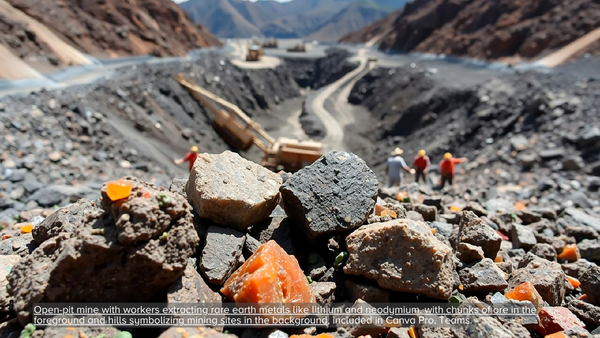International human rights organisations are dismayed by the outcome of this fundamental legal case against a human rights defender. The settlement which concluded the legal procedures does not do justice to the legitimate role of human rights defenders to express concerns about alleged corporate abuse.
In February 2011, Malaysian human rights defender Charles Hector was sued by the Japanese-owned electronics company Asahi Kosei, in Selangor, Malaysia, for publishing information on-line regarding the violation of the rights of 31 Burmese migrant workers for this company. Asahi Kosei demanded a compensation of $ 3,3 million, in addition to a public apology. Asahi Kosei argued that the 31 Burmese workers were not under their responsibility as they were supplied to them by an ‘outsourcing agent’.
On August 25th, 2011, Charles Hector had to accept a settlement with Asahi Kosei, stipulating the publication of a half-page apology in two Malaysian newspapers and the payment of a symbolic amount for costs and damages. The apology will be published within three weeks in Malaysian daily newspapers The Star and Nanyang Siang Pau.
International human rights organisations are dismayed by the outcome of this fundamental legal case against a human rights defender. The settlement does not do justice to the legitimate role of human rights defenders to express concerns about alleged corporate abuse.
Notwithstanding the settlement, Asahi Kosei has little to be proud of. Besides the unfair treatment of the Burmese migrant workers there is documentary evidence that Asahi Kosei is not providing the workers with any legally mandated lave including annual leave and maternity leave.
The position of outsourced workers especially migrant workers in Malaysia, in the electronics industry as well as in other sectors, is most precarious. Malaysian suppliers, their international customers, and the Malaysian government are to respect and protect workers’ rights, especially of the vulnerable groups such as migrant workers, and to show due diligence in addressing and resolving labour rights issues. In the case at hand, all parties failed to show responsibility.
In the past six months, human rights organisations from all over the world called upon the electronic and automotive brand companies known to directly or indirectly sourcing from Asahi Kosei including Hitachi, Toshiba, Calsonic Kansei, Mitsubishi, Harvey Industries, Renault, Peugeot, BMW, Ford, and General Motors, to exercise due diligence to avoid complicity in the alleged labour rights abuses reported by Charles Hector. About all blatantly failed to act decisively. The lack of any meaningful response from the side the Electronic Industry Citizenship Coalition (EICC) is regrettable.
Human rights organisations insist that all forms of harassment against human rights defenders in Malaysia should be ended. The Malaysian authorities have a vital role to play here. Equally private actors are to show active corporate responsibility in cases of alleged abuse. Governmental and private mechanisms to uphold the rights of migrant workers and human rights defenders in Malaysia should be reviewed.
The OECD Guidelines on Multinational Enterprises, the United Nations Guiding Principles on Business and Human Rights and the United Nations a Declaration on Human Rights Defenders give guidance.
On June 16, 2011, the United Nations Human Rights Council endorsed the ‘Protect, Respect and Remedy’ Framework Guiding by John Ruggie. These Principles on Business and Human Rights apply to both states and all business regardless of size and location. “States should take appropriate steps to ensure the effectiveness of domestic judicial mechanisms when addressing business-related human rights abuses, including considering ways to reduce legal, practical and other relevant barriers that could lead to a denial of access to remedy.” States should “ensure that legitimate and peaceful activities of human rights defenders are not obstructed.” (see, commentary on principle 26, page 23).
A company has the responsibility “to seek to prevent or mitigate adverse human rights impacts that are directly linked to their operations, products and services by their business relationships, even if they have not contributed to those impacts”. (see, Principle 13(b), page 14). “In order to account for how they address their human rights impacts, business enterprises should be prepared to communicate this externally, particularly when concerns are raised by or on behalf of affected stakeholders.” (see, Principle 21, page 20).
According to the OECD Guidelines for Multinational Enterprises, multinational companies should “respect the internationally recognized human rights of those affected by their activities.” (see, General Principle 2, page 17). Businesses are required to “seek to prevent or mitigate an adverse impact where they have not contributed to that impact, when the impact is nevertheless directly linked to their operations, products or services by a business relationship”. (See, General Principle 12, page 18).
In the case at hand, we expect Asahi’s buyers to do a careful audit, involving relevant local civil society stakeholders and to share the results with relevant civil society stakeholders, both local and international. Buyers should also formulate guidelines regarding human rights defenders as part of their CSR policies, and ensure their suppliers adhere to these.










